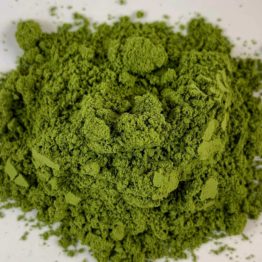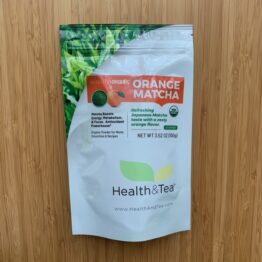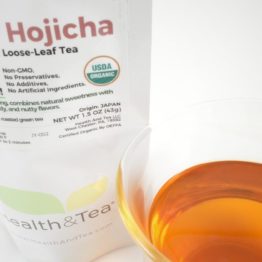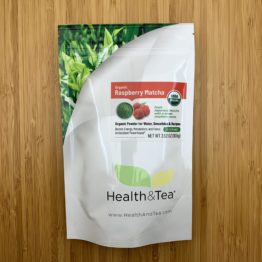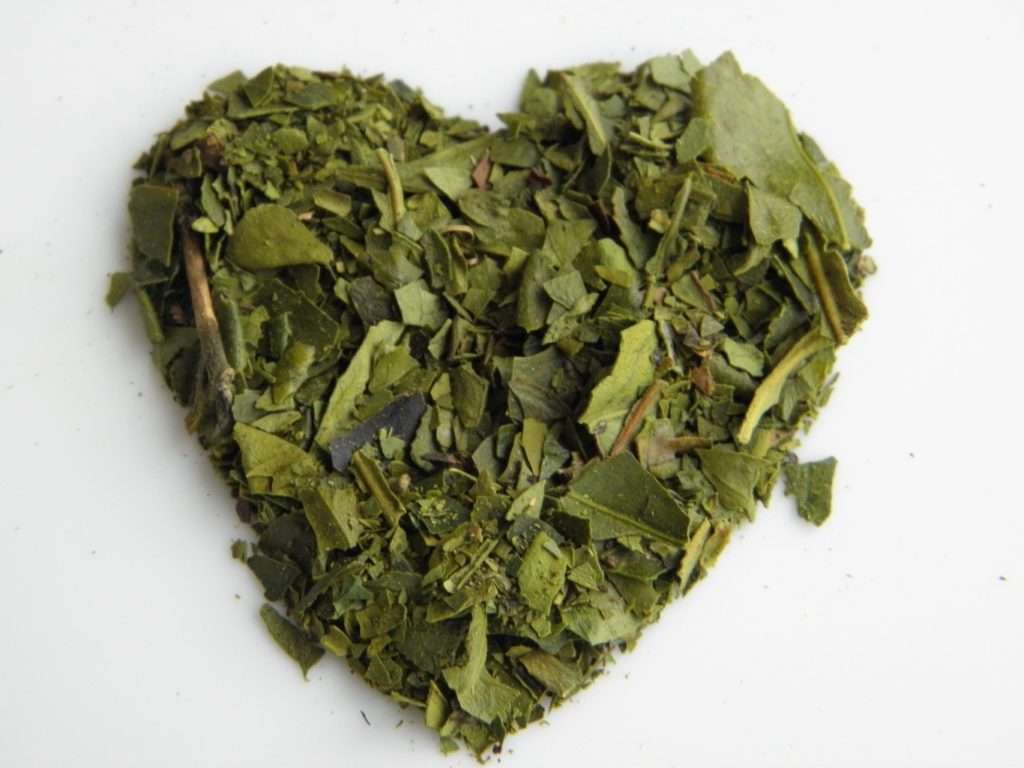
What Scientists Found about Healthy Benefits of Tea
Antioxidants
 Regular tea drinking is good for our physical, mental, and social well-being [1]. All teas come from the tea leaves of the plant camellis sinensis. Tea is rich in flavonoids. The researchers from the USDA Agricultural Research Service noted that brewed tea is one the best diet sources and contributes to a very high amount of flavonoids consumption [2]. Tea flavonoids contain abundant catechins that are powerful and effective antioxidants in humans [3]. Antioxidants have healthy benefits such as prevention of oxidative stress, modulation of carcinogen metabolism, and prevention of DNA damage [4]. Because tea provides rich and potent antioxidants, and most importantly, tea antioxidants can be effectively absorbed in humans, tea is suggested as a health-promoting beverage [5, 6, 7].
Regular tea drinking is good for our physical, mental, and social well-being [1]. All teas come from the tea leaves of the plant camellis sinensis. Tea is rich in flavonoids. The researchers from the USDA Agricultural Research Service noted that brewed tea is one the best diet sources and contributes to a very high amount of flavonoids consumption [2]. Tea flavonoids contain abundant catechins that are powerful and effective antioxidants in humans [3]. Antioxidants have healthy benefits such as prevention of oxidative stress, modulation of carcinogen metabolism, and prevention of DNA damage [4]. Because tea provides rich and potent antioxidants, and most importantly, tea antioxidants can be effectively absorbed in humans, tea is suggested as a health-promoting beverage [5, 6, 7].
Scientific Research
Due to the rich bioactive and health-promoting compounds in tea, scientists from all over the world have been studying and exploring the effects of tea on humans. According to PubMed (an online resource of the U.S. National Library of Medicine), during the past 5 years more than 1,900 articles in green tea research have been published in scientific journals or books, ranging from epidemiological, nutrition, to medical clinical research. Abundant scientific research shows the potential preventive effects of tea in humans, such as cancer, heart diseases, weight management, metabolism, and cognitive functions [8, 9, 10].
Learn About Specific Tea Health Benefits
Here, we report some scientific findings of recent studies about tea’s healthy benefits. Also, we point out possible adverse effects of tea if it is over-consumed. If you have any health concerns, please discuss with your doctors or medical professionals about safe tea consumption.
Click the links below to learn about…
Tea & Heart — Tea & Cancer — Tea & Weight — Tea & Alzheimer’s — Health Notice
References:
- Arab, Lenore and Blumberg, Jeffrey B, 2008, Introduction to the Proceedings of the Fourth International Scientific Symposium on Tea and Human Health, The Journal of Nutrition, 138(8): 1526S-1528S [Abstract]
- Haytowitz, D. B., Bhagwat, S., Harnly, J., Holden, J.M., Gebhardt, S.E., Sources of Flavonoids in the U.S. Diet Using USDA’s Updated Database on the Flavonoid Content of Selected Foods, USDA, Agricultural Research Service, Beltsville Human Nutrition Research Center, Beltsville, MD,http://www.ars.usda.gov/SP2UserFiles/Place/12354500/Articles/AICR06_flav.pdf (January 2011)
- Tea and Tea Products: Chemistry and Health-Promoting Properties, ed. Chi-Tang Ho, Jun-Jun Lin, and Fereidoon Shahidi, 2009, Taylor & Francis, Boca Raton, FL
- Weisburger, J. H., 2006, Tea is a Health-Promoting Beverage in Lowering the Risk of Premature Killing Chronic Diseases: a Review, in Jain, N.K., Siddiqi, M., and Weisburger, J. H., ed., Protective Effects of Tea on Human Health, CABI, Oxfordshire OX, UK
- Brewing Up the Latest Tea Research, Agricultural Research, September 2003, Vol. , No. 9, p.10-13,http://www.ars.usda.gov/is/ar/archive/sep03/tea0903.htm, (January 2011)
- Manach, C., Williamson, G., Morand, C., Scalbert, A., and Rémésy, C., 2005, Bioavailability and bioefficacy of polyphenols in humans: Review of 97 bioavailability studies. American Journal of Clinical Nutrition, Vol. 81, No. 1, p. 230-242 [Abstract]
- Lee, M.J., Maliakal, P., Chen, L., 2002, Pharmacokinetics of tea catechins after ingestion of green tea and (–)-epigallocatechin-3-gallate by humans: formation of different metabolites and individual variability. Cancer Epidemiol Biomarkers Prev 2002;11:1025–32.[Abstract]
- Khan, N., Mukhtar, H. Green Tea Catechins: Anticancer Effects and Molecular Targets, in in Plant Phenolics and Human Health: Biochemistry, Nutrition, and Pharmacology, ed., by Fraga, C. G., 2010, Wiley, New York, NY
- Yang, C. S., Lambert, J.D., and Sang, S., 2008, Antioxidative and anti-carcinogenic activities of tea polyphenols, Archives of Toxicology. Vol. 83, No. 1, 11-21 [Abstract]
- Zhao, B., 2010, Natural Phenolics and Metal Metabolism in Neurodegenerative Diseases, in Plant Phenolics and Human Health: Biochemistry, Nutrition, and Pharmacology, ed., by Fraga, C. G. Wiley, New York, NY







